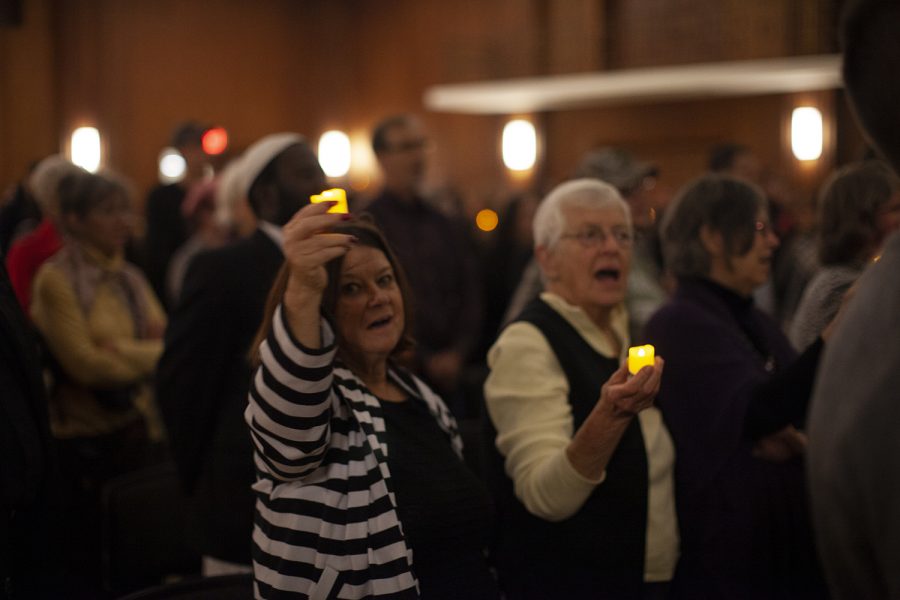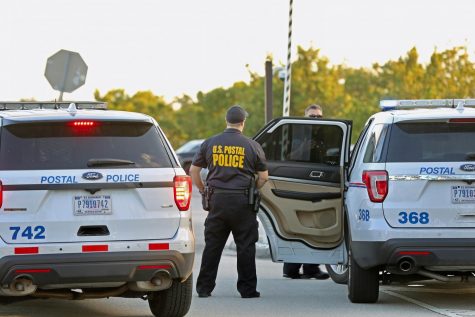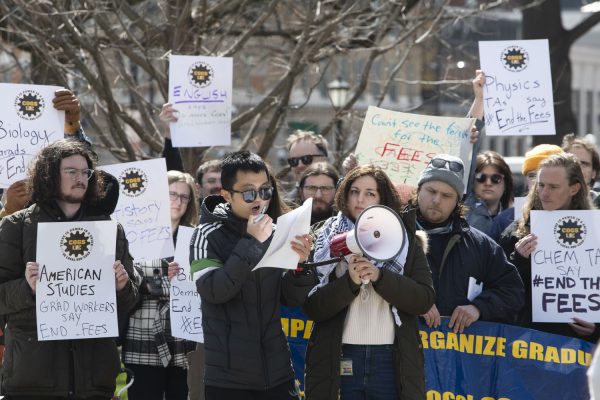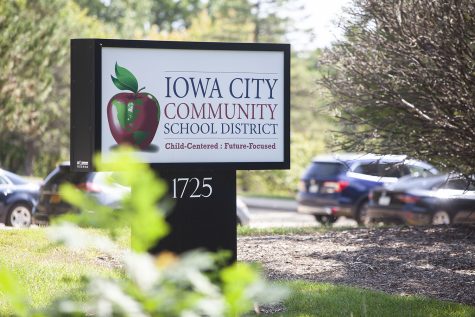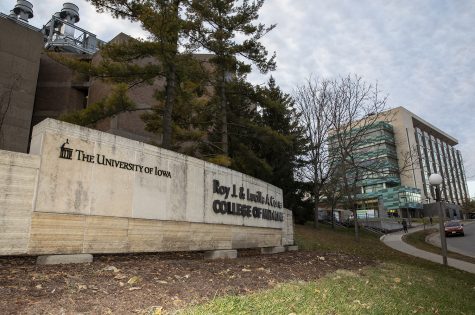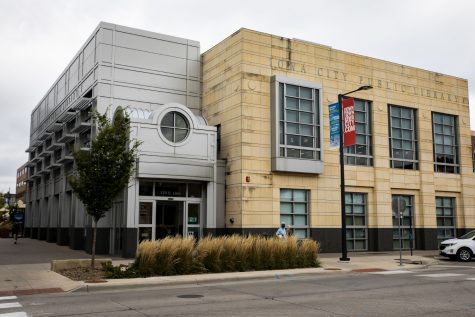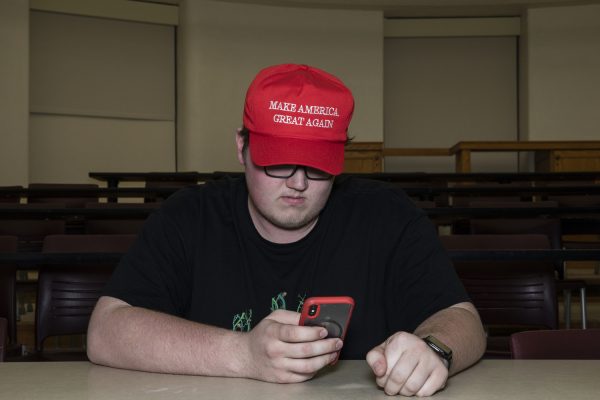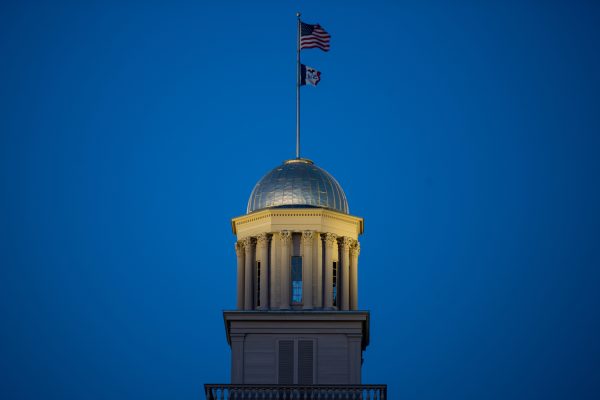Guest Opinion: 13 died. The UI should not ignore why
A UI student discusses the importance in understanding why a total of 13 people were killed late October.
Emotions ran high during a vigil for the shootings in Pittsburgh and Louisville in the Iowa Memorial Union on Tuesday, Oct. 30, 2018. Members of the Jewish and African-American communities came to mourn the loss of those who were killed in last week’s shootings at Kroger and Tree of Life Synagogue.
November 4, 2018
The decision of the Office of Student Life to send out an email that included a mention of last week’s vigil regarding the killings in Pittsburgh and Louisville is appreciated. After all, up until the Oct. 31 email, neither event had been officially acknowledged by the University of Iowa.
However, the decision of the Office of Student Life to label those killed as “the 13 victims who were tragically murdered last week” ignores a crucial point. The vigil was not an event honoring a large group of people who were, say, run over by a bus. The vigil honored 13 people, 11 of whom (Bernice and Sylvan Simon, Cecil and David Rosenthal, Melvin Wax, Daniel Stein, Irving Younger, Rose Mallinger, Jerry Rabinowitz, Joyce Fienberg, and Richard Gottfried) were killed in a synagogue by an anti-Semite. The remaining two individuals (Maurice Stallard and Vickie Lee Jones), were killed by a racist who could not break into a predominately African-American church to commit his heinous acts.
This is not cursory information.
Acknowledging the ethno-religious and racial backgrounds of the victims, and labeling the bigotry that led to their deaths, should be necessary information to include in the email from the Office of Student Life. Unfortunately, in the lone official communication from the University of Iowa (beyond UISG sharing the date and time of the vigil on social media), the attacks in Pittsburgh and Louisville were treated as though they were tragedies without causes.
RELATED: ‘We do not tolerate hate or racism’: Community honors victims of Pittsburgh, Louisville shootings
If another racist or anti-Semitic attack occurs again, should anyone assume that the University will treat it any different from a freak accident, as opposed to an act of bigotry or hate?
—Matthew Wallack, UI student



